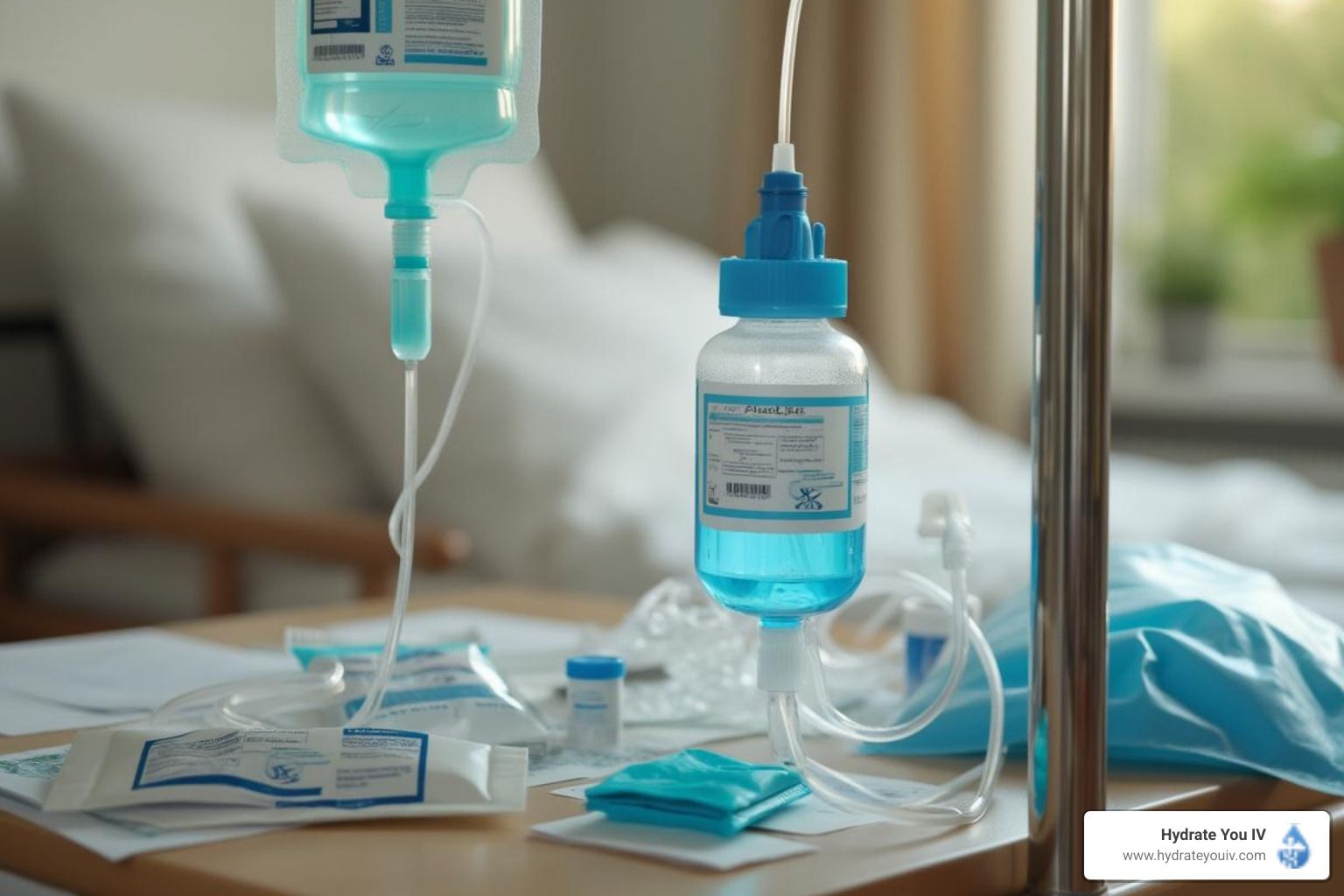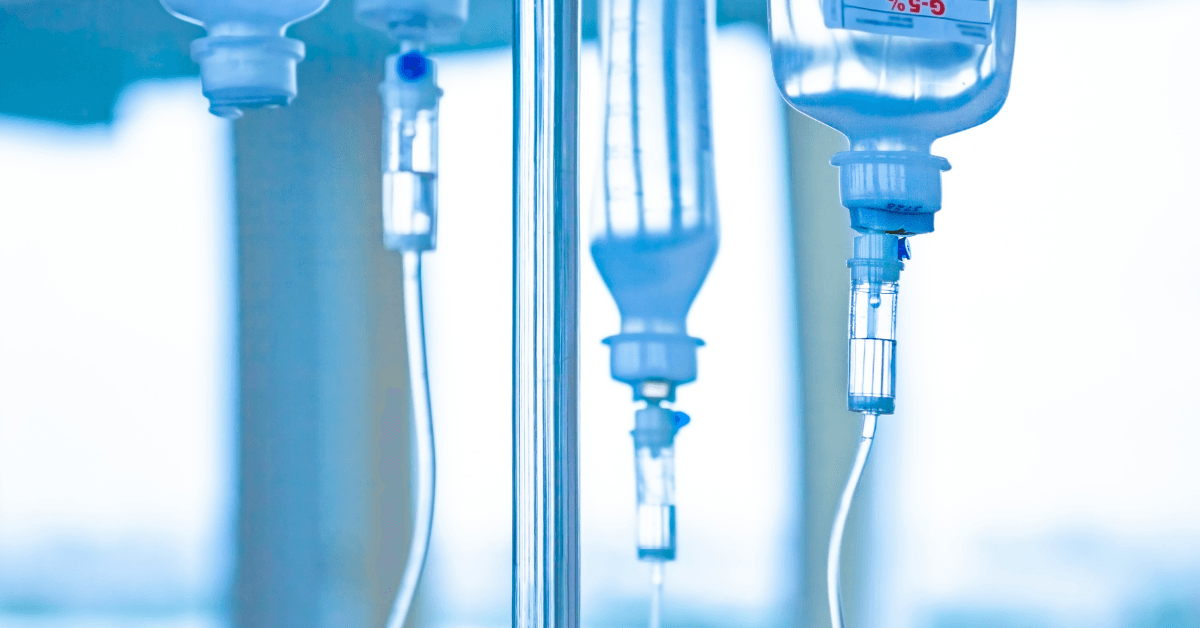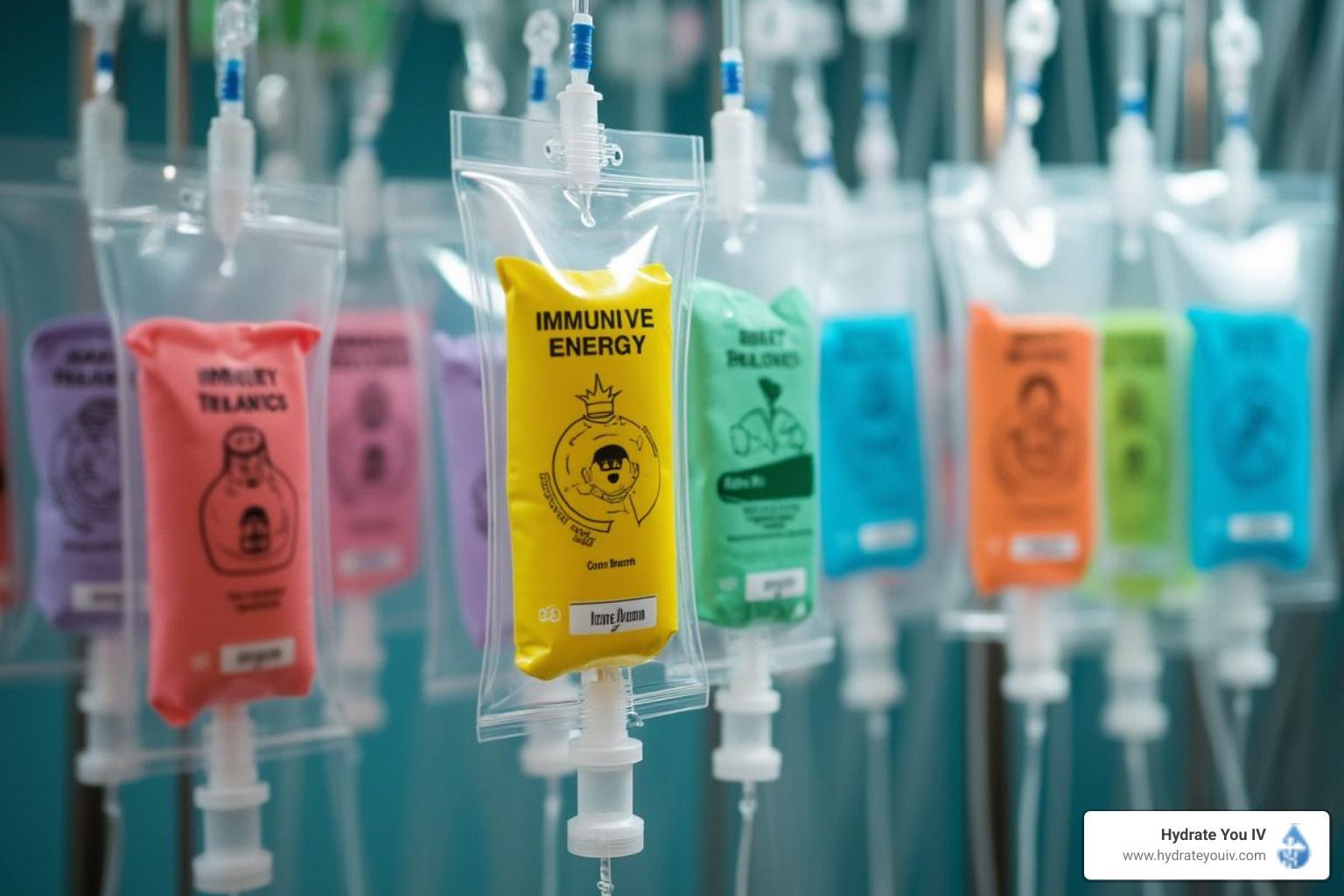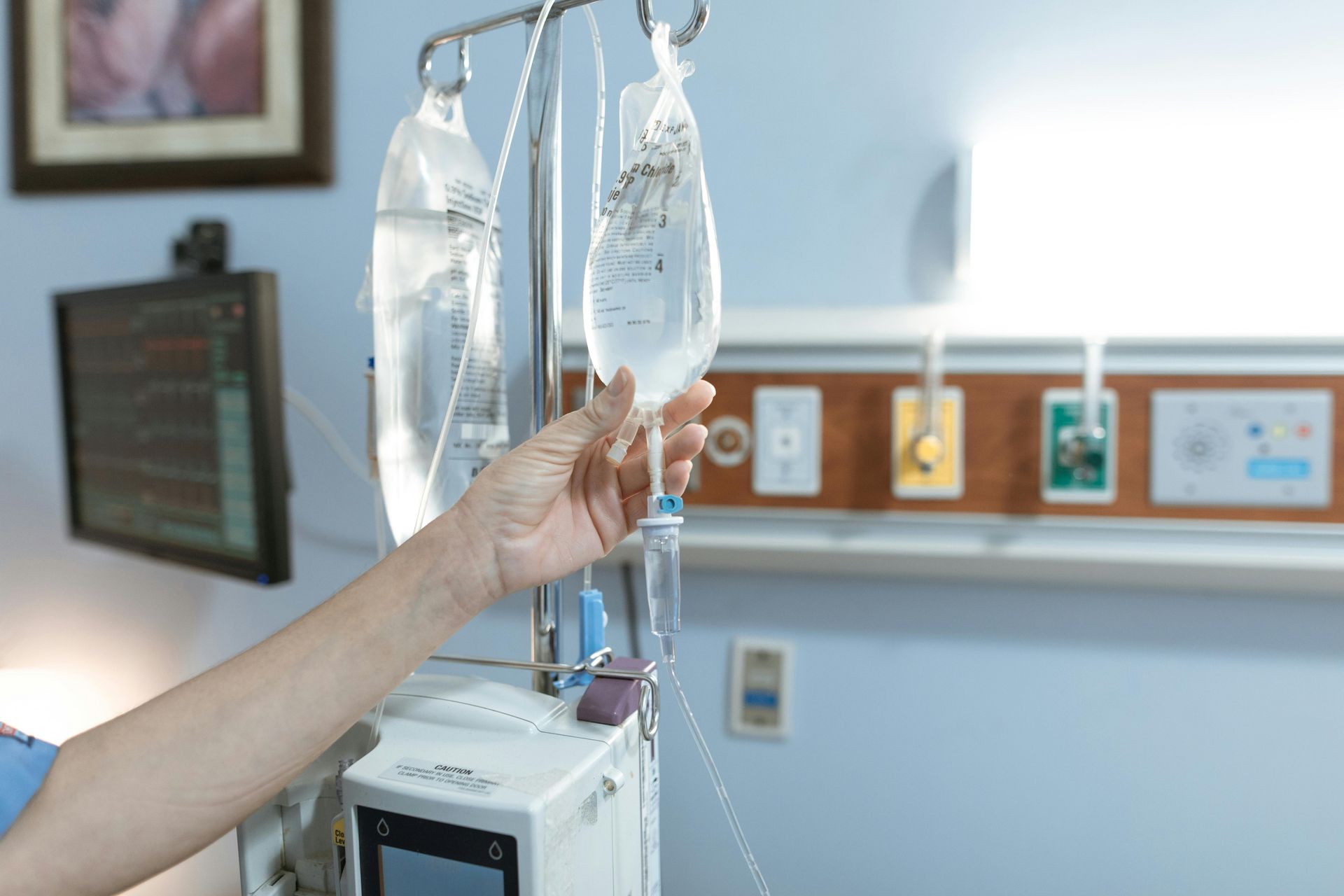The Role of Zinc in Immune Health and Healing: Essential Benefits Explained
The Role of Zinc in Immune Health and Healing: Essential Benefits Explained

Zinc is a vital mineral that plays a critical role in numerous physiological functions of the human body. Understanding its importance can help us appreciate how it supports our immune system and aids in healing processes. In this article, we will dive deep into the essential benefits of zinc, from its biological functions to the consequences of its deficiency.
Understanding the Importance of Zinc in the Body
Zinc is an essential trace element found in every cell of the body. It's crucial for maintaining a robust immune system, synthesizing proteins, and facilitating cellular metabolism. This mineral is also involved in various enzymatic reactions that are necessary for growth and development.
Moreover, zinc influences several biochemical pathways, making it essential for both health and wellness. Its supplementation can enhance overall wellbeing, especially during times of increased physical stress or illness.
The Biological Functions of Zinc
Various biological functions underscore why zinc is often regarded as a cornerstone of health. It supports the activity of over 300 different enzymes that assist in digestion, metabolism, and nerve function. Additionally, zinc is necessary for DNA synthesis and cell division, making it especially important during periods of rapid growth, such as childhood and pregnancy.
Beyond its role in enzymatic activities, zinc also plays a part in stabilizing the structure of proteins and cell membranes. This stability is crucial for cellular integrity and function, supporting the body's overall health.
Zinc and Cellular Metabolism
Cellular metabolism is the process by which the body converts nutrients from food into energy. Zinc is a key player in this process, as it regulates metabolic pathways that govern energy production. It helps in the metabolism of carbohydrates, lipids, and proteins, ensuring that the body uses these nutrients effectively.
By facilitating these metabolic processes, zinc helps in maintaining energy levels, which is vital for overall vitality and health. Low zinc levels can lead to metabolic dysfunctions that may result in fatigue and other health issues.
The Connection Between Zinc and Immune Health
Zinc is particularly noteworthy for its strong connection to immune health. It helps modulate the immune response, ensuring that the body effectively tackles infections without becoming overly reactive, which can lead to autoimmunity.
Zinc's Impact on Immune Cells
The role of zinc extends to various immune cells, including T-lymphocytes, B-lymphocytes, and natural killer cells. These cells are crucial for identifying and responding to pathogens. Zinc deficiency can result in diminished production and function of these cells, ultimately weakening the immune response.
Research has shown that adequate zinc levels are necessary for the proper activation and proliferation of immune cells. This ensures a well-coordinated immune response when the body encounters foreign invaders like viruses and bacteria.
How Zinc Strengthens the Immune Response
Zinc fortifies the body’s defenses by enhancing the function of immune cells and supporting the production of antibodies. Antibodies are proteins that identify and neutralize pathogens. When the body has sufficient zinc, it can produce a more effective antibody response, providing a greater level of protection against infections.
Additionally, zinc has antioxidant properties that can help minimize oxidative stress and inflammation, further supporting immune function. By mitigating these issues, zinc contributes to a balanced immune response, essential for maintaining health.
Zinc's Role in Healing and Tissue Repair
Apart from its immune-boosting capabilities, zinc is integral to the body's healing processes. It plays a critical role in the regeneration of tissues, making it key for recovery after injuries or surgeries.
The Process of Wound Healing and Zinc
The process of wound healing involves several stages, including hemostasis, inflammation, proliferation, and remodeling. Zinc is crucial during all these phases. It helps in the synthesis of proteins and collagen, which are vital for tissue repair.
Moreover, zinc promotes cell proliferation and migration, which are necessary for closing wounds. As a result, wounds may heal quicker in individuals with adequate zinc levels compared to those who are deficient.
Zinc and Skin Health
Zinc is often hailed as a key mineral for skin health. Its anti-inflammatory properties make it beneficial for conditions like acne and eczema. By regulating oil production and curbing inflammation, zinc can contribute to clearer skin.
Additionally, topical treatments containing zinc have been shown to accelerate wound healing, soothe irritation, and enhance skin barrier function. Thus, ensuring adequate zinc intake can have a profound effect on the skin’s health and appearance.
Dietary Sources of Zinc and Recommended Intake
Finding dietary sources of zinc is essential for maintaining optimal health. Various foods benefit from high zinc content, facilitating the achievement of recommended daily intake levels.
Foods Rich in Zinc
- Oysters: One of the richest sources of zinc.
- Red meat: Beef and lamb provide high amounts.
- Poultry: Chicken and turkey are also good options.
- Legumes: Beans, lentils, and chickpeas are excellent plant-based sources.
- Nuts and seeds: Pumpkin seeds and cashews contain considerable zinc.
- Dairy products: Milk and cheese contribute to zinc intake.
Daily Zinc Requirements for Optimal Health
The recommended dietary allowance (RDA) for zinc varies by age, gender, and life stage. Generally, adult men should aim for approximately 11 mg, while adult women should target around 8 mg per day. Pregnant and breastfeeding women may require additional zinc to support fetal development and milk production.
Ensuring you meet these recommendations can significantly bolster your immune system and aid in healing processes.
The Consequences of Zinc Deficiency
Adequate zinc levels are crucial for maintaining overall health. Zinc deficiency can have several adverse effects and can hinder the body's ability to function optimally.
Symptoms and Signs of Zinc Deficiency
Common symptoms of zinc deficiency include hair loss, skin lesions, delayed wound healing, and a weakened immune response. Individuals may also experience taste abnormalities and appetite loss, which can contribute to nutritional deficits.
In severe cases, prolonged deficiency may lead to growth retardation in children and increased susceptibility to infections, highlighting the importance of zinc for health and wellbeing.
Health Risks Associated with Low Zinc Levels
Individuals with low zinc levels face a higher risk of developing various health issues, including respiratory infections, autoimmune diseases, and prolonged recovery from illnesses. Furthermore, chronic zinc deficiency is linked to an array of disorders, including gastrointestinal problems and skin issues, reinforcing the need for vigilance around zinc intake.
Recognizing these symptoms and understanding the essential role of zinc can motivate individuals to prioritize their dietary choices and maintain adequate zinc levels for better health.
In summary, zinc is a fundamental mineral that plays a crucial role in the immune system and healing. By understanding its importance, we can take proactive steps to ensure we're getting enough zinc through our diet or supplements when necessary.











